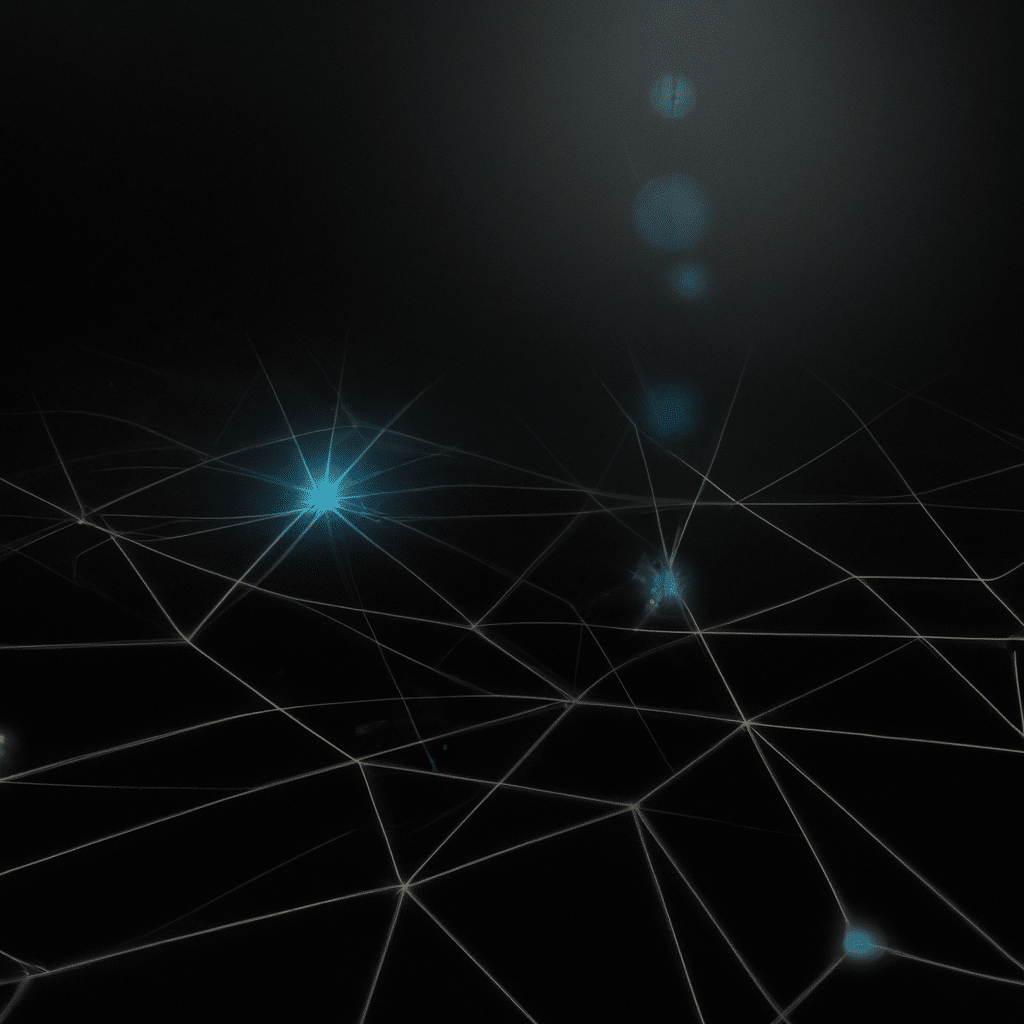The Dark Web and Malware: What You Need to Know
In recent years, the internet has become an integral part of our daily lives. People use it to connect with others, learn new things, and conduct business. Unfortunately, as the internet has grown, so has the number of threats it poses. One of the most significant of these threats is the dark web.

The dark web is a part of the internet that is not indexed by search engines. It is a hidden network of websites that are not accessible by traditional means. The dark web is often associated with illegal activities, such as drug trafficking, weapons sales, and human trafficking. However, it is also a hub for cybercriminal activity, including malware distribution.
What is Malware?
Malware is a type of software that is designed to damage, disrupt, or gain unauthorized access to a computer system. Malware can take many forms, including viruses, Trojan horses, ransomware, and spyware. Malware can be spread through a variety of methods, including email attachments, infected websites, and malicious software downloads.
Malware can have devastating consequences for individuals and businesses. It can steal sensitive information, such as passwords and credit card numbers, and use it for malicious purposes. It can also cause computer systems to crash, rendering them unusable.
The Relationship Between the Dark Web and Malware
The dark web is a hub for cybercriminal activity, and malware is no exception. Malware is often distributed through the dark web because it offers a level of anonymity that is not available on the public internet. Cybercriminals can use the dark web to sell malware to other criminals, making it easier for them to spread their malicious software.
The dark web is also a place where cybercriminals can buy and sell information that has been stolen through malware. This information can include login credentials, credit card numbers, and other sensitive data. By buying this information, cybercriminals can use it for their own gain or sell it to other criminals.
How to Protect Yourself from Malware on the Dark Web
Protecting yourself from malware on the dark web is essential. Here are some steps you can take to protect yourself:
1. Use Antivirus Software
Antivirus software is designed to detect and remove malware from your computer. Make sure you have a reputable antivirus program installed and keep it up to date.
2. Use a Firewall
A firewall is a network security system that monitors and controls incoming and outgoing network traffic. It can help prevent unauthorized access to your computer system.
3. Be Careful What You Click On
Be cautious when clicking on links or downloading files from websites you don’t know. Malware can be hidden in these links and files, so it’s important to be vigilant.
4. Use a Virtual Private Network (VPN)
A VPN can help keep your internet connection secure and private. It encrypts your internet traffic, making it more difficult for cybercriminals to intercept your data.
5. Keep Your Software Up to Date
Software updates often include security fixes that can help protect your computer from malware. Make sure you keep your operating system and other software up to date.
Conclusion
The dark web is a hub for cybercriminal activity, including malware distribution. Malware can have devastating consequences for individuals and businesses, so it’s essential to take steps to protect yourself. By using antivirus software, a firewall, being cautious when clicking on links, using a VPN, and keeping your software up to date, you can help protect yourself from malware on the dark web.












